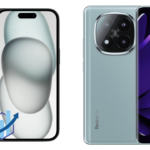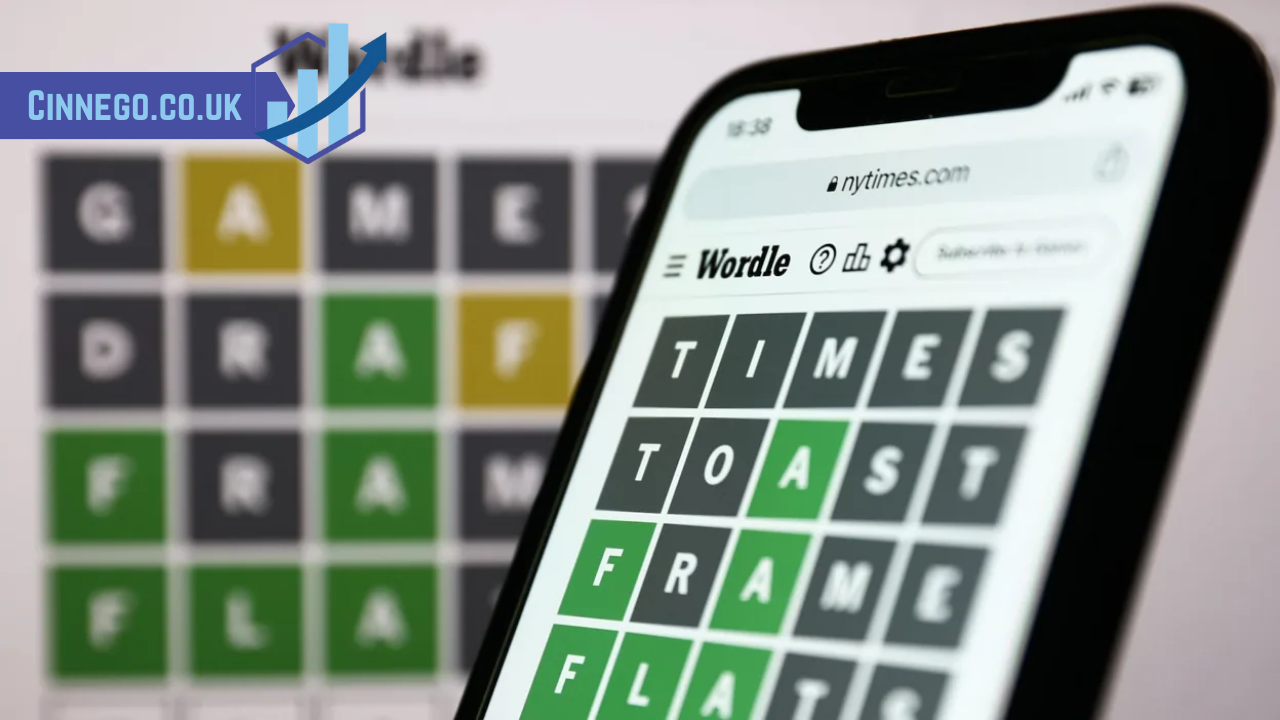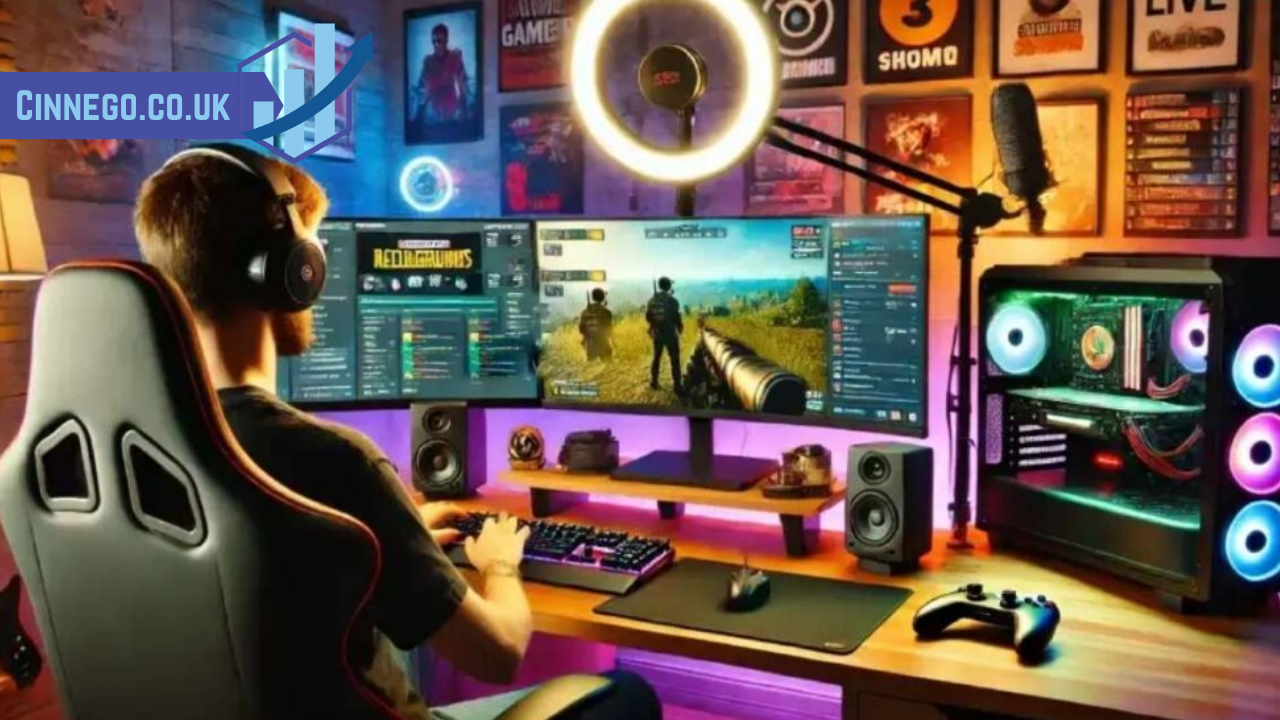Wordle, a simple yet addictive word puzzle game, has taken the internet by storm since its inception. Created by Josh Wardle, a software engineer from Brooklyn, Wordle has become a daily ritual for millions. Its premise is straightforward: guess a five-letter word within six attempts, receiving feedback on the correctness of each letter and its placement. Despite its simplicity, Wordle has captured the hearts of puzzle enthusiasts worldwide.
Mashable, a popular media outlet, has played a pivotal role in amplifying Wordle’s popularity. Through in-depth coverage, guides, and community engagement, Mashable has established itself as a go-to source for Wordle-related content. This article delves into the origins of Wordle, its viral success, and how Mashable contributed to its rise as a global phenomenon.
The Origins of Wordle
The Creator’s Vision
Josh Wardle designed Wordle as a personal project for his partner, who loved word games. Initially, it was a private pastime, shared only with close friends and family. Wardle’s intention was to create a distraction-free, straightforward game that brought joy without monetization or intrusive ads.
Evolution from Private to Public
After seeing the enthusiasm of those who played, Wardle decided to release Wordle publicly in October 2021. Hosted on a minimalist website, the game quickly gained traction, thanks to its accessibility and the challenge it presented.
The Game Mechanics
Rules of the Game
Wordle’s rules are simple:
- Guess a five-letter word.
- The game provides color-coded feedback:
- Green: Correct letter in the correct position.
- Yellow: Correct letter, wrong position.
- Gray: Incorrect letter.
- Players have six attempts to deduce the word.
The Unique Appeal of Simplicity
Wordle’s charm lies in its simplicity and the mental stimulation it offers. Unlike many mobile games laden with in-app purchases or ads, Wordle remains uncommercialized. This approach has fostered a sense of purity and nostalgia among its audience.
The Viral Phenomenon
Social Media and Sharing
One of Wordle’s key features is the ability to share results without spoilers. Players can post a grid showing their performance in emoji form, sparking curiosity and engagement on platforms like Twitter and Facebook. This ingenious feature contributed significantly to the game’s virality.
A Global Sensation
By January 2022, Wordle had millions of daily players worldwide. Its accessibility—requiring nothing more than a web browser—made it a universal favorite.
Mashable’s Role in the Wordle Craze
Coverage and Guides
Mashable quickly recognized Wordle’s potential and began publishing articles about it. From strategy guides to breaking down the psychology behind the game, Mashable offered valuable insights to both casual players and hardcore enthusiasts.
Community Engagement
Mashable fostered a Wordle-loving community by sharing relatable memes, celebrating impressive streaks, and encouraging discussions. This community-driven approach solidified Mashable’s status as a trusted source for Wordle content.
Wordle’s Impact on the Puzzle Genre
Revival of Word Games
Wordle’s success has reignited interest in word games, leading to the creation of numerous spinoffs and similar games. Titles like “Quordle” and “Heardle” have emerged, each offering unique twists on the Wordle formula.
Educational Benefits
Wordle has also been praised for its educational value. Teachers and parents have incorporated it into learning activities, using it to improve vocabulary and critical thinking skills.
The New York Times Acquisition
A Turning Point
In January 2022, The New York Times acquired Wordle for an undisclosed seven-figure sum. This move marked a significant milestone in Wordle’s journey, securing its place as a cultural touchstone.
Maintaining Integrity
Despite concerns about changes to the game, The New York Times has largely preserved Wordle’s essence, keeping it free and unadulterated.
The Future of Wordle
Sustaining Popularity
As with any viral trend, maintaining momentum is a challenge. However, Wordle’s simplicity and the dedication of its community suggest it has the potential for longevity.
Opportunities for Innovation
Future possibilities for Wordle include the introduction of new modes, difficulty levels, or even multiplayer options. Such innovations could attract new players while retaining its core audience.
YOU CAN ALSO READ HERE> Dhamaka Zone Celebrity Gossip: Entertainment Buzz
Conclusion
Wordle is more than just a game—it’s a cultural phenomenon that has brought joy, connection, and intellectual challenge to millions. With media outlets like Mashable championing its success, Wordle has become a symbol of wholesome entertainment in a digital age.
Through its simplicity, universal appeal, and the support of a dedicated community, Wordle’s legacy is assured. As Mashable continues to document and celebrate its journey, one thing is certain: Wordle is here to stay.











